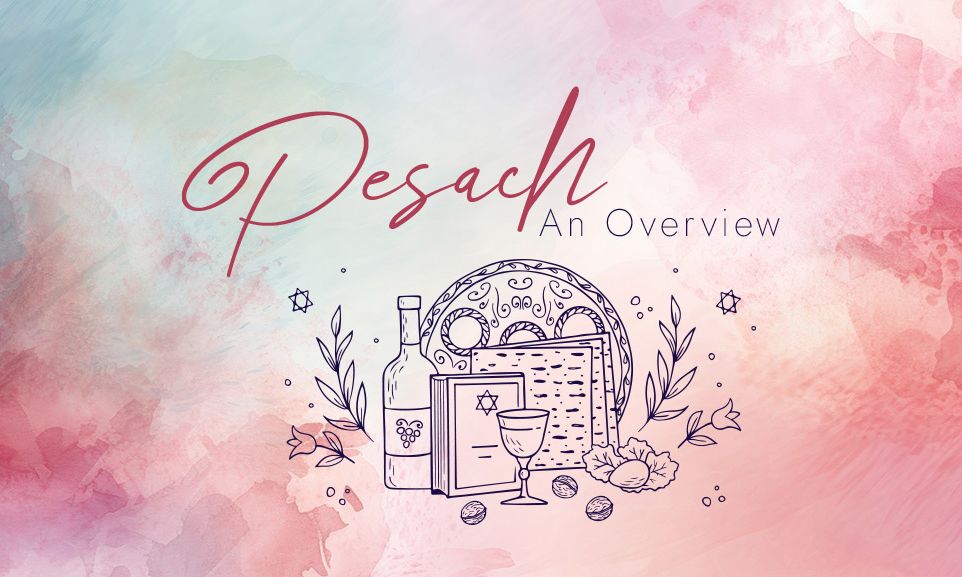
Pesach: An Overview
Here is a basic practical Passover guide, from preparing for Pesach, to Seder night, to counting the Omer; This is not a dummy's guide; it's a dummy-prevention guide...

Pesach
The Yom Tov (holiday) of Pesach / Passover last for seven days in Eretz Yisrael and eight days out of Eretz Yisrael. Pesach starts at sundown, the 14th of Nisan, and ends after sundown the evening of Nisan 22 (in Eretz Yisrael, Nisan 21). This year (5784-2024), Pesach starts at sundown, Monday, April 22nd, and ends Tuesday evening, April 30th (in Eretz Yisrael, Pesach ends on Monday evening, April 29).
Outside of Eretz Yisrael, no work is permitted on the first two and last two days of the Yom Tov. Work is permitted on the intermediate days, days 3 thru 6. These intermediate days on which work is permitted are referred to as Chol Ha-Mo’ed.
In Eretz Yisroel, Pesach last for seven days. Pesach starts at sundown, the 14th of Nisan, and ends after sundown the evening of Nisan 21. No work is permitted on the first and last days of the holiday. Work is permitted on Chol Ha-Mo’ed (the intermediate days), – days 2 thru 6.
The “work” prohibited on Pesach is the same as that prohibited on Shabbat, except that cooking, baking, transferring fire, and carrying, all of which are forbidden on Shabbat, are permitted on Pesach. When Pesach falls on Shabbat, all Shabbat restrictions are observed.
The Seder is the most important part of the Pesach Yom Tov. Taking place the first 2 nights of the 8 day Yom Tov, (except in Eretz Yisroel, where there is only 7 days Yom Tov, and only ONE seder), the family gathers together with friends and guests to observe the Pesach Seder.
MATZAH
The grain product we eat during Pesach is called matzah. Matzah is unleavened bread, made simply from flour and water and baked very quickly. This is the bread that the Jews made for their flight from Mitzrayim (Egypt).
Matzot are baked any time before Pesach, most bake usually in the 30 days prior to Pesach. There are some who bake all their matzoth on the afternoon of Erev Pesach. Each person would bake his own matzot, or participate in making the matzah.
MAOT CHITIM – Kimcha D’Pischa
We should not begin to prepare for the Yom Tov Pesach until we are sure that our fellow Jews are also able to enjoy it. It is a centuries old tradition that immediately after Purim, money is collected for the benefit of those less fortunate, so that they too may be able to prepare and enjoy Pesach. These funds are known as Maot Chitim, (money for wheat), referring to the custom of gathering wheat to provide the poor with Matzah and other items for the observance of Pesach.
Traditionally, Jewish communities all over the world provide for their needy at Pesach in one way or another. The practices have varied from place to place and changed over time, but the basic idea has remained the same.
You can fulfill your obligation by donating to Rabbi Shalom Arush’s USA tax-deductable Kimcha D’Pischa Fund.
PREPARING FOR PESACH
NOTE: This is just a very basic introduction. There are many complex laws regarding Pesach, and a competent authority should be consulted with any questions.
We may NOT eat chametz (leavened bread or leaven) during Pesach. We may NOT even OWN chametz at all during Pesach or derive any benefit from it. We may not even feed it to our pets or animals. All chametz, including utensils used to cook chametz, must either be disposed of or sold to a non-Jew.
In preparation for Pesach, the home is cleaned and scrubbed, and all chametz is removed. Kitchen utensils and dishware normally used in the home all year round are not used during Pesach. Special dishes and utensils for Pesach are taken out of storage, cleaned and used.
No foods containing chametz ingredients may be eaten.
Only foods with a reliable Rabbinical authorization that they are “Kosher L’Pesach (Kosher for Passover)” are allowed.
BEDIKAT CHAMETZ – THE SEARCH FOR CHAMETZ
On the evening before Pesach, upon nightfall of the fourteenth day of Nisan, Sunday evening, April 21th, 2024, a thorough search of the house is made to ensure that no chametz remains. There is a tradition of distributing ten pieces of bread throughout the house, so that the searchers will have something to look for. It is a good idea to place the pieces of bread in small plastic “sandwich” bags so that the crumbs will not fall out. The family gathers together with a candle for lighting the way and the head of the household makes the bracha:
Ba-ruch Ah-tah Ado-nai E-lo-hay-nu Meh-lech Ha-olam Ah-sher Ki-de-sha-nu B-mitz-vo-tav V-tzi-va-nu Al Bee-ur Chametz.Blessed are You, L-rd our G-d, King of the universe, who has sanctified us by His commandments, and has commanded us concerning the removal of chametz.
The head of the household then collects the bread he finds. A word of caution: Make sure someone remembers where they put each piece.
The search for chametz is made by candle-light, paying special attention to crevices and places where chametz can usually be found. No talking is permitted from after the recitation of the Bracha (Blessing), until the search is completed – except for questions or instructions related to the search.
After the search, the chametz found is put away to be burned the next morning. The head of the household recites the following declaration:
“Any chametz (leavened bread) or leaven which is in my possession and which I have not seen, nor disposed of, nor did I know of it, may it be considered as null and as owner-less like the dust of the earth.”
BEE-UHR CHAMETZ – BURNING THE CHAMETZ
The following morning, (Monday, April 22, 2024), Erev Pesach, the 14th day of Nisan, the chametz that was found is burned together with any leftovers from breakfast.
After the chametz is burned, the head of the household recites the following declaration:
“Any chametz (leavened bread) or leaven which is in my possession whether I have seen it or not, whether I have disposed it or not, may it be considered as null and as owner-less like the dust of the earth.”
MECHIRAT CHAMETZ – SELLING THE CHAMETZ
A Jew may not own any chametz on Pesach. Ideally one would dispose of all chametz, but this can pose a financial hardship – especially for owners of whiskey or other merchants who have large stocks of chometz merchandise. To solve the problem, our sages permit us to sell our chametz to a non-Jew so that chametz will not be in our possession during Pesach, and we would not transgress the Torah’s prohibition which states that we are NOT to own any chametz during Pesach. By transferring it to a non-Jew, we are permitted to buy it back after Pesach. This is not a legal fiction, but an actual sale, that is legally binding and meets all the requirements of both civil and religious law. The details of this sale may be complicated and should be handled by your Rabbi.
All the members of the community sell their chametz through a Rabbi, who is empowered to act as an agent by a ‘Power of Attorney Form for the Sale of chametz.’ The sold chametz is the non-Jew’s property until after Pesach ends and must be treated accordingly. The chametz should be locked away until after Pesach when the Rabbi repurchases it for the community.
TA’ANIT BECHORIM – FAST OF THE FIRSTBORN
The day before Pesach, Erev Pesach, (Monday, April 22, 2024), is the fast of the firstborn, commemorating the fact that the firstborn Jewish males in Egypt were “passed over ” (spared) during the final plague while the first-born sons of the Egyptians were killed.
It has been a custom for many centuries that the fast day is broken by a Seudat Mitzvah, a festive meal in celebration of a Mitzvah, such as a Siyum – (a celebration marking the conclusion of the study of a book of the Talmud). The Siyum usually takes place in the Synagogue after the Shacharit (morning) prayers, following which participating firstborn males are permitted to break their fast.
ERUV TAVSHILIN
When the first days of Pesach fall on Thursday and Friday an Eruv Tavshilin is made (does not apply to Pesach 2024).
Normally, it is forbidden to prepare food on Yom Tov for another day, even for the Shabbat. However, if someone began preparing food for Shabbat before Yom Tov, (on Wednesday), it is permitted to continue on Friday (even though it is Yom Tov). This is known as ‘Eruv Tavshilin,’ literally, ‘mingling of cooked foods,’ since these foods become part of the Shabbat food, whose preparation has already begun BEFORE the Yom Tov started, and may therefore be continued on Friday. Some food (a matzah and a cooked food, such as an egg, fish or meat) is prepared on the afternoon before Yom Tov (Wednesday), and set aside to be eaten on Shabbat. When we set this food aside on Wednesday afternoon, we recite the following blessing:
Blessed are You, God, our God, King of the universe, Who has made us holy with His mitzvot, and commanded us about the mitzvah of Eruv.
We now explain why we are making an Eruv, so we say the following paragraph. Someone who does not understand the text should recite it in English:
With this Eruv, may we be allowed to bake, to cook, to fry, to insulate, to light a flame, to prepare for, and to do anything needed on Yom Tov for the sake of Shabbat [for ourselves and for all the Jews who live in this city].
SHABBAT HAGADOL
The Shabbat before Pesach, (Parshat Metzorah, April 20, 2024), is called Shabbat HaGadol (the Great Shabbat) because it was the day when the Jews were to take the sheep (which the Egyptians worshiped) to be used for the Korban Pesach (Pascal offering) four days later. (This means that the first Pesach was on a Wednesday).
After nine plagues, the Egyptians were powerless to react to the slaughter of one of their gods. The Israelites, of course, didn’t know this, and therefore displayed tremendous faith in God prior to Yetziat Mitzrayim (the Exodus). We remember this event with a special Haftorah (reading from the prophets) where again great faith and trust in God is emphasized. The Haftorah concludes with the call to remember the teachings of Moshe and informs us that God will send Eliyahu Hanavi (Elijah the Prophet) to herald the great and awesome day when Bnei Yisroel (the Children of Israel) will again experience redemption. This is yet another possible reason for the name Shabbat HaGadol, – that “great day” mentioned in the Haftorah.
Traditionally, on Shabbat HaGadol the Rabbi lectures about the observance and meaning of Pesach to his congregation, teaching the laws of Pesach, so that the families can prepare properly for the Yom Tov. Which leads to another interpretation of Shabbat HaGadol – “the Shabbat of the Leader” or of the Rabbi. A more novel explanation is that the people returning from the synagogue later than usual on this Shabbat because of the unusually long speech that was customary on this day. Thus this Shabbat seemed “great,” i.e., longer than the other Shabbatot.
Whatever the reason for the name, it is customary to recite part of the Haggadah on Shabbat HaGadol, from ‘Avadim Hayinu‘ “we were slaves in Egypt” to ‘Lechaper Al Kol Avonoteinu.’
SEFIRAT HA’OMER – (the counting of the Omer)
Counting of the Omer begins from the second night of Pesach until Shavuot. The period from Pesach to Shavuot is a time of great anticipation. We count each of the days from the second day of Pesach to the day before Shavuot, 49 days or 7 full weeks, The counting reminds us of the important connection between Pesach and Shavuot: Pesach freed us physically from bondage, but the giving of the Torah on Shavuot redeemed us spiritually from our bondage to idolatry and immorality.


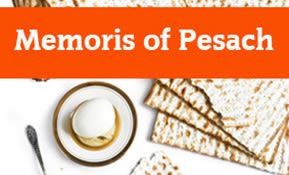

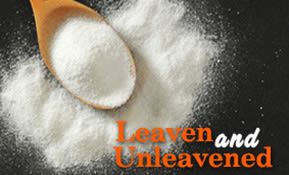
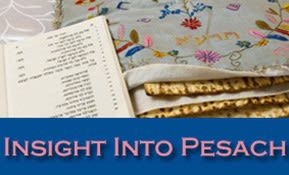
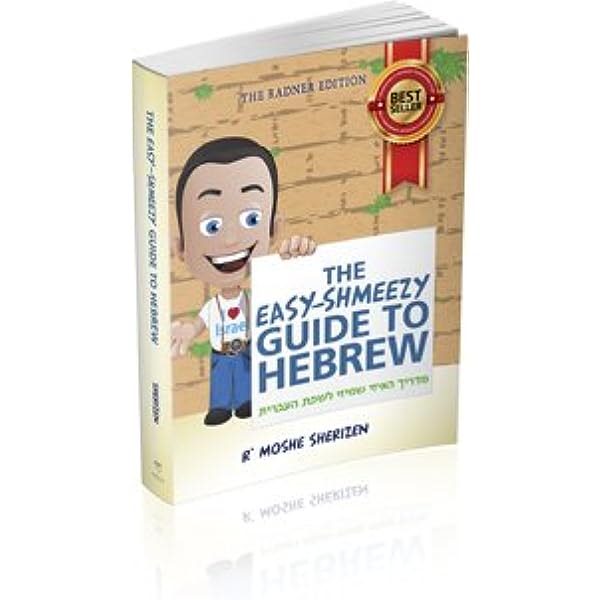
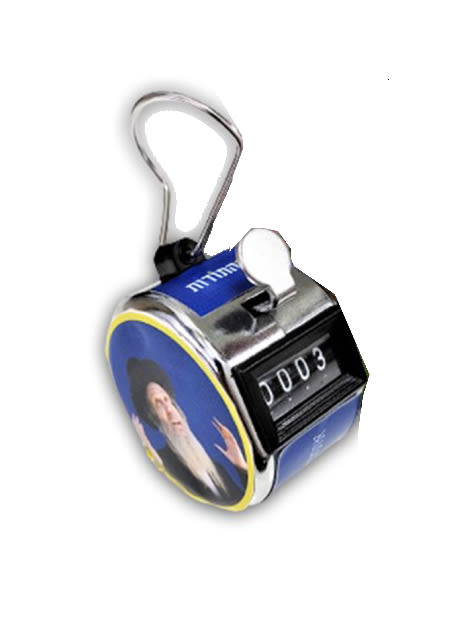
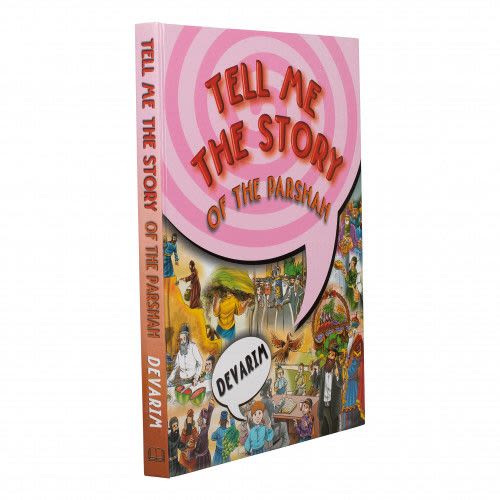
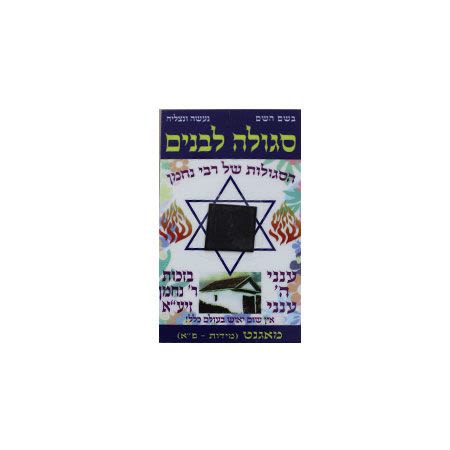
Tell us what you think!
Thank you for your comment!
It will be published after approval by the Editor.